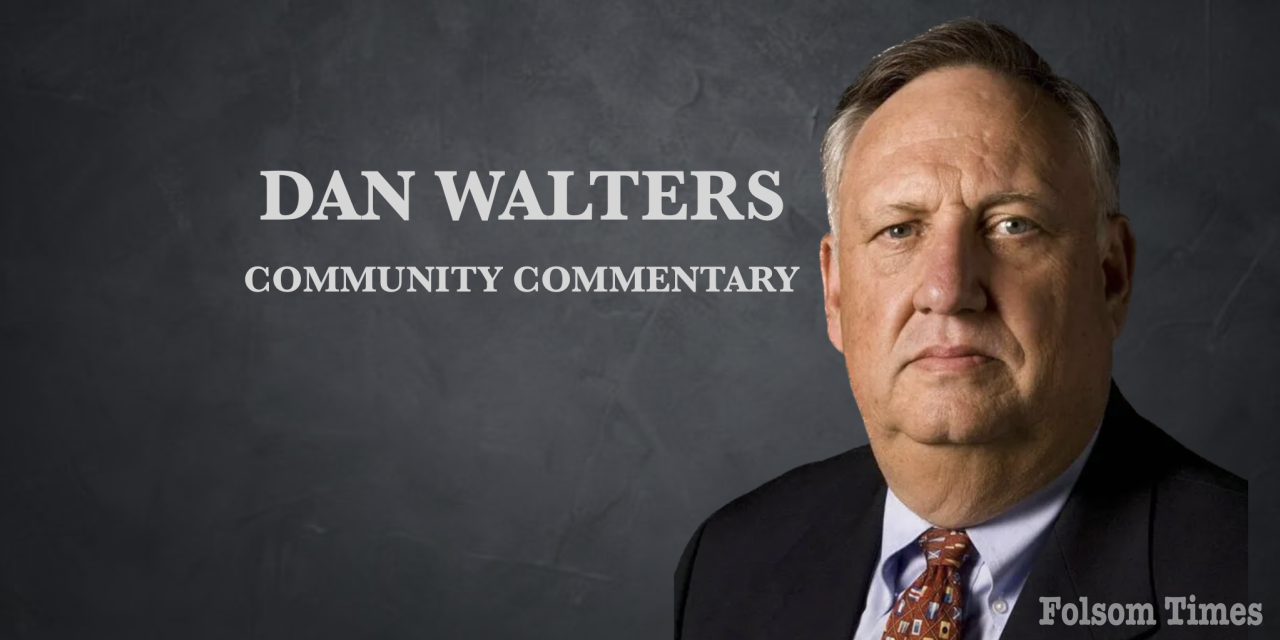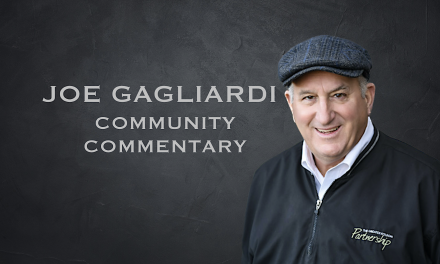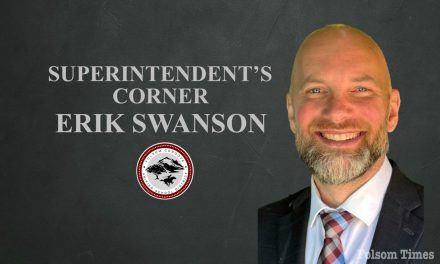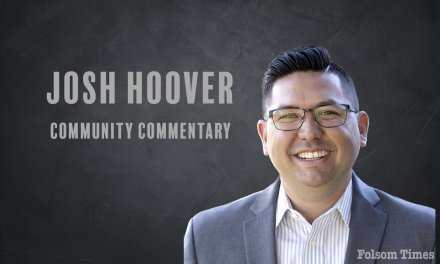Political officeholders at all levels and of all ideological stripes habitually pursue a time-dishonored practice when releasing data.
If it’s positive, politicians try to maximize its importance with lavish news conferences and self-congratulatory declarations.
If, on the other hand, the data have a negative cast, they will be released quietly, often late on a Friday afternoon, to minimize media coverage.
California’sannual report on crimewas released this year on the Friday before what for many would be a four-day, Fourth of July holiday weekend. That’s a tipoff that it would not be good news – and, in fact, it received minimal media attention.
The 2022 report revealed that the state’s violent crime rate increased by 6.1% since 2021, and property crime was up 6.2%. Homicides dipped very slightly, but robberies jumped by 10.2%.
Attorney General Rob Bontaissued a low-key statementwith the data release, saying, “While crime rates remain significantly below their historical highs, property and violent crimes continue to have devastating consequences for communities across the state, and gun violence remains a major threat to public safety.”
One can be certain that had California seen a drop in crime in 2022, Bonta would have trumpeted it as loudly as possible.
Let’s be clear: Neither Bonta nor any other attorney general can have more than a marginal effect on crime rates. Nevertheless, their campaigns often depict themselves as the state’s top cop and imply that they do have such authority.
Why crime rates ebb and flow is the subject of never-ending academic and political debate – and is colored by equally erratic public concerns about being victimized.
At the moment, Californians’ worries about crime appear to be on the upswing, as indicated by one of the Public Policy Institute of California’speriodic polls, conducted just before last fall’s election.
“Californians’ perception of crime spiked during the pandemic – as did certain types of crime,” PPIC found, adding, “nearly two in three Californians call violence and street crime in their local community a problem. This includes 31% who call them a big problem, a noticeable increase from February 2020 (24%).”
The poll found that among racial and ethnic groups, Black Californians expressed the highest level of concern about crime, women were more concerned than men, and Republicans more than Democrats or independent voters.
The data released on June 30 imply that those concerns are rooted in fact. Crime did increase sharply last year, particularly robberies, and it has not gone unnoticed in the media.
The proliferation of cameras in stores and in the hands of cellphone owners has produced a never-ending supply of crime video snippets, such as smash-and-grab invasions of stores, for television newscasts, which then reverberate on YouTube and other online outlets.
Just a few days after the crime report release, for example, aSan Francisco TV station aired videoof criminals breaking into a Bay Area visitor’s rental car in broad daylight, stealing the contents and driving away.
Bonta and the man who appointed him attorney general before he won reelection in November, Gov. Gavin Newsom, have pursued somewhat ambivalent postures about crime. They lament its effects on victims and take some public crime-fighting steps while championing criminal justice reform to reduce traditional punishment of those caught breaking the law.
A day before the crime data were released, Newsomdispatched more California Highway Patrol officersto battle open air drug dealing in San Francisco, a city he once governed as mayor.
In decades past, spikes in crime have had major impacts on California’s political atmosphere – helping Republicans become dominant in the 1980s, for example.
Were crime to continue its currently upward path, it could once again become a game-changing political factor.
Dan Walters is a journalist and author who writes forCALmatters.org, a nonprofit, nonpartisan media venture explaining California policies and politics. Folsom Times is an authorized CalMatters media partner in an effort to keep our local community up to date on happenings in the State Capitol.




